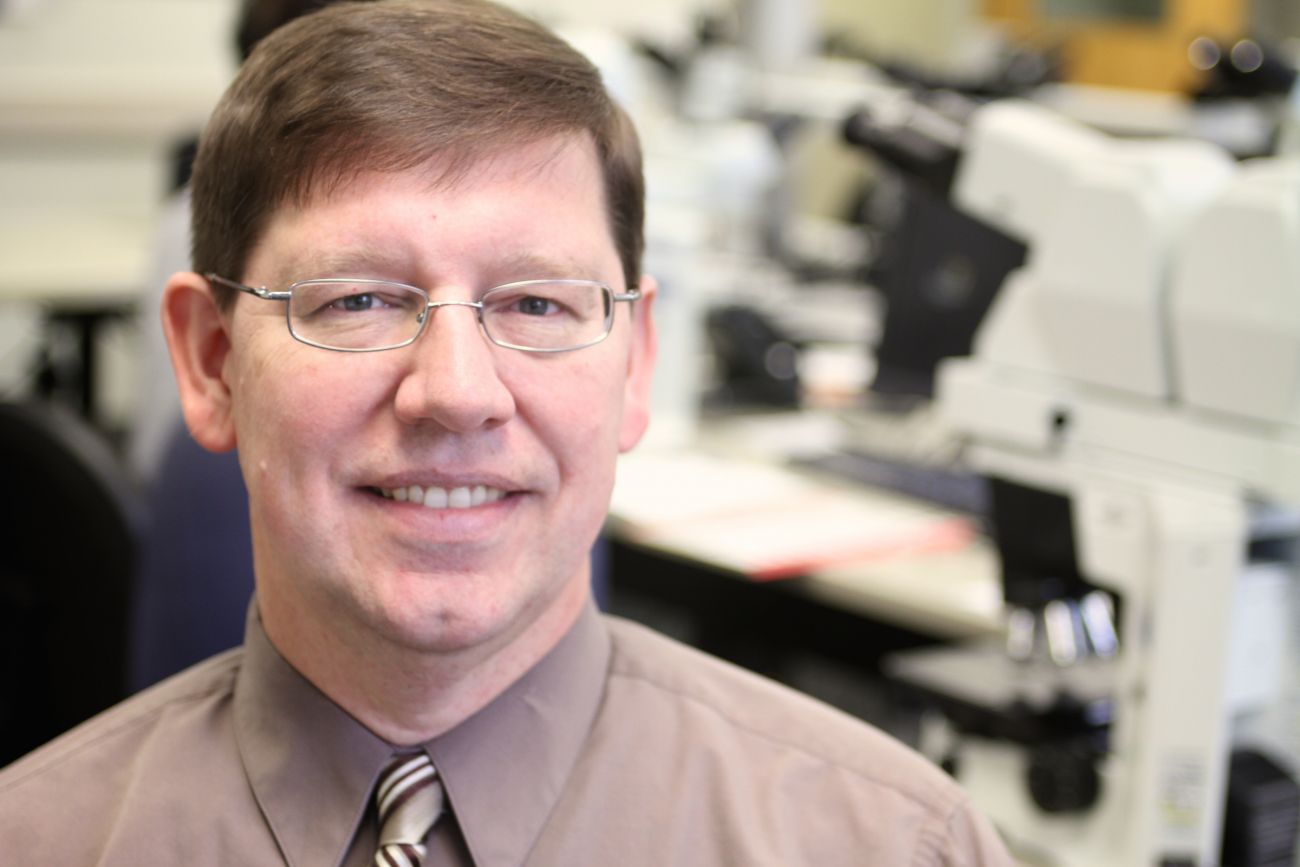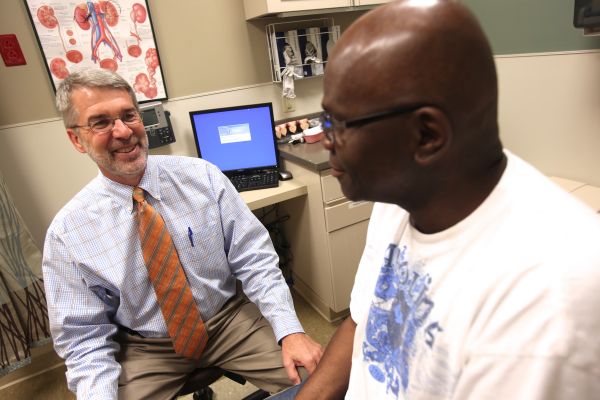When and why to seek a second opinion of a cancer diagnosis
Hearing “you have cancer” usually triggers a range of emotions in people that may include anxiety, sadness, anger, fear, confusion and a sense of urgency to have the cancer treated as soon as possible. Some people are so frightened that they rush into treatment right away, without taking time to learn about and consider treatment options. This may not be the best path.
For the majority of people newly diagnosed with cancer, taking some time to determine the best course of treatment is very wise. Decisions generally do not need to be made immediately and the outcome will not be affected by taking one or two weeks to learn and consider next steps. It’s essential to realize that the first treatment offers the best chance for a positive outcome. It can also rule out the use of other therapies or clinical trial options.
Because your first choice of cancer therapy is so important, you should get more than one opinion regarding your diagnosis and treatment options. Most patients and caregivers are concerned that asking their doctor about a second opinion will create an uncomfortable relationship with that doctor, which may negatively affect their medical care. Other patients may be confused or intimidated by the complexity of the healthcare system, are too overwhelmed by their diagnosis, or aren’t aware that they have a right to seek a second opinion.
Never miss another Cancer Talk blog!
Sign up to receive our monthly Cancer Talk e-newsletter.
Sign up!According to the American Cancer Society however, it is not only common to get a second opinion, but most doctors are comfortable with it. In fact, some insurance companies recommend, and even require, a second opinion. (If your doctor responds negatively to the idea of a second opinion, you may want to consider whether this doctor is right for you.) And importantly, having more than one evaluation of test results and additional opinions regarding treatment options helps patients feel more confident in their decisions. In the Roswell Park second opinion program, a change in diagnosis is made in 6 to 14 percent of cases, which completely alters the patients' treatment recommendation. Since the diagnosis determines the recommended treatment plan, it’s critical that it be as accurate as possible.
A second opinion appointment should be at a different medical institution or physician office from the first, since you should involve a different group of clinicians and have your pathology reviewed by a different pathologist. Where to go for this appointment? Roswell Park physicians are happy to offer an additional opinion on a diagnosis or recommended treatment plan. You can also connect with societies that are associated with your cancer, academic medical institutions or a National Cancer Institute designated facility.


